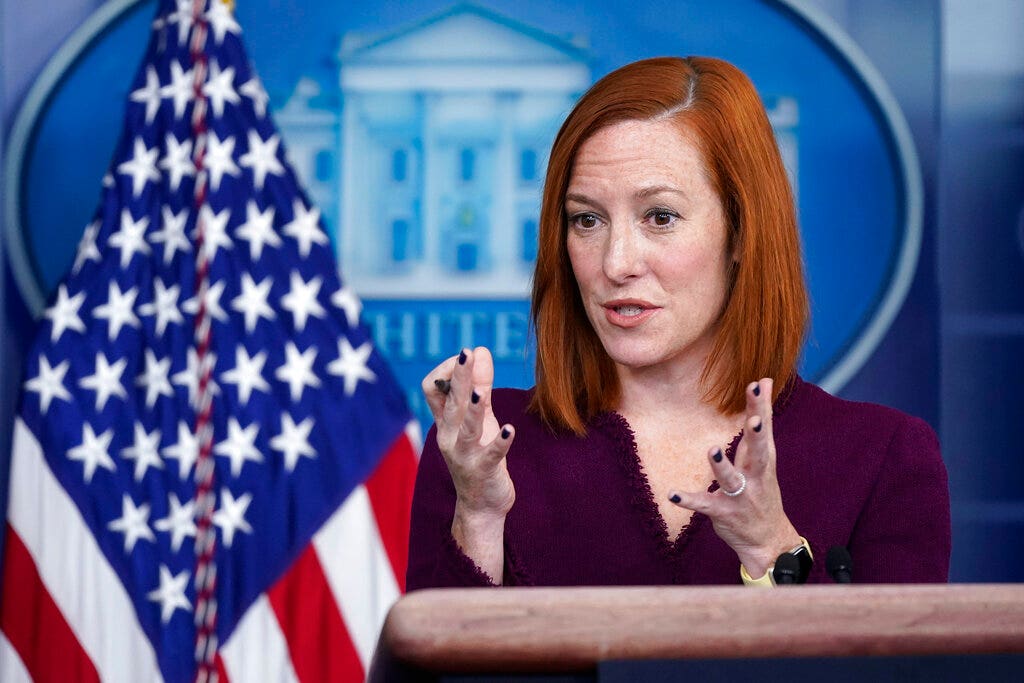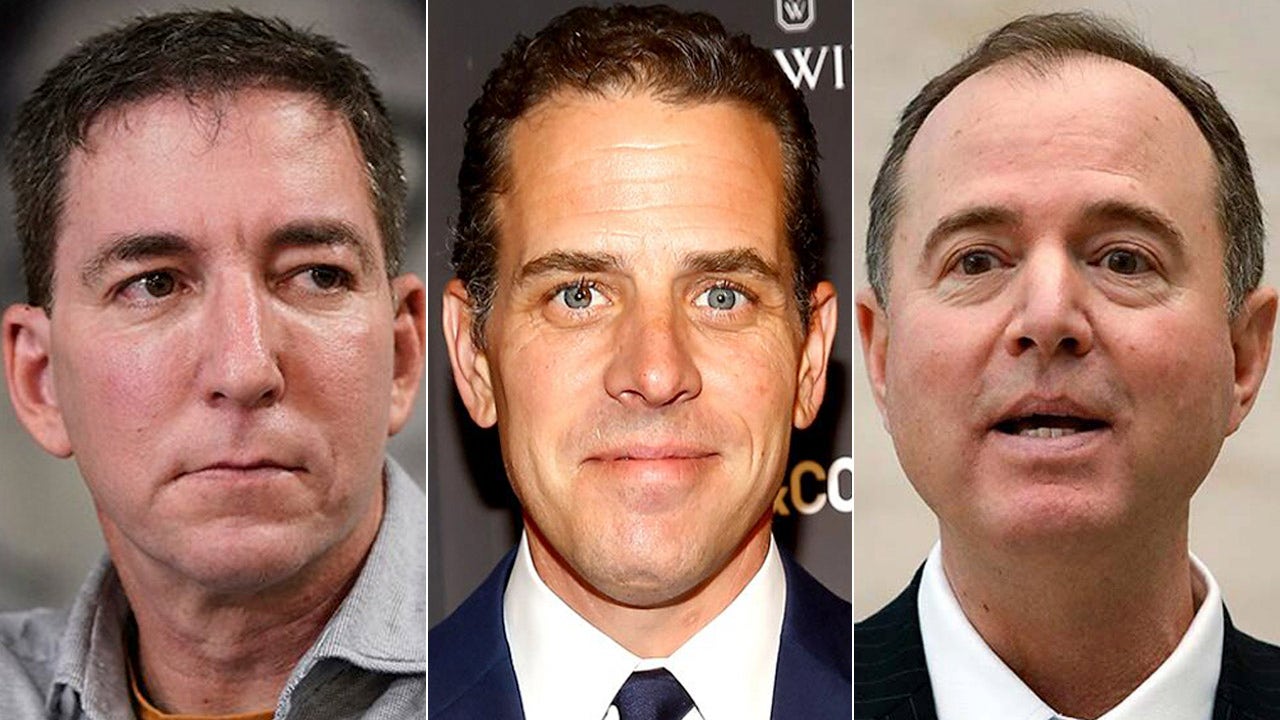White House declines to say whether Israel is an ‘important’ ally
The White House Friday sidestepped a query on whether Israel and Saudi Arabia are “important allies” of the United States.
After a back-and-forth with reporters through the each day White House briefing about President Biden’s failure thus far to communicate with Israeli Prime Minister Benjamin Netanyahu, White House press secretary Jen Psaki was requested:
“Can you please just give a broad sense of what the administration is trying to achieve in the Middle East? For example, does the administration still consider the Saudis and the Israelis important allies?”
She responded:
“Well, you know, again, I think, we, there are ongoing processes and internal interagency processes, one that we, I think confirmed an interagency meeting just last week to discuss a range of issues in the Middle East where we’ve only been here three and a half weeks.
“And I believe I’m going to let these coverage processes see themselves via earlier than we give form of a whole lay down of what our nationwide safety approaches will likely be to a spread of points.”
The White House has faced growing questions over why Biden has failed to speak with the leader of Israel, a longtime strategic partner in the Middle East, since entering office more than three weeks ago.
When pressed by reporters as to when the president will be making the call to Netanyahu, Psaki said she could not give a time frame on when that could happen.
“I haven’t got an precise timeline to provide you with,” she said. “But I can guarantee you he will likely be talking with the prime minister quickly, and he is wanting ahead to doing that.”
“We have a protracted and vital relationship with Israel,” Psaki said. The failure to call “is only a reflection of the truth that now we have been right here for 3 and a half weeks,” she said. “He’s not known as each single world chief but.” Even so, she acknowledged that Biden has spoken with many of the United States’ major allies.
Trump, who spoke to Netanyahu two days after entering the White House, was repeatedly described by the Israeli leader as a “buddy” to the Jewish state.
Biden spoke with the prime minister ten days after he was elected to the presidency, an encounter that Netanyahu described as a “heat dialog,” though some thought the length in time it took for the congratulatory call signaled a change in tone, reported Reuters.
Netanyahu took to Twitter on Nov. 8 to congratulate Biden and his Vice President Kamala Harris but reframed from publically calling Biden president-elect as Trump sought to overturn the election’s results.
While the Israeli prime minister has remained mum on his opinion on Biden’s diplomatic tardiness, chairman for World Likud, the global arm of Netanyahu’s political party, took to Twitter Wednesday to acknowledge what some Israeli’s see as a political snub.
“Might it now be time to name the chief of [Israel], the closest ally of the [U.S.]?” Danon asked. “The PM’s quantity is: 972-2-6705555,” he added after first listing countries Biden has called.
The Biden administration is expected to take a different approach to U.S.-Israeli relations and will encourage a two-state solution between Israel and Palestine.
But Biden officials have made it clear they will not move the embassy back to Tel Aviv from Jerusalem – a controversial move the former administration prioritized.
Biden promised from the campaign trail to be hard on Saudi Arabia, particularly when it came to their involvement in Yemen’s six-year-long civil war.
CLICK HERE FOR THE FOX NEWS APP
“We have been going to in truth make them pay the worth, and make them in truth the pariah that they’re,” Biden said during a 2019 Democratic primary debate. Adding that there is “little or no social redeeming worth within the current authorities in Saudi Arabia.”




